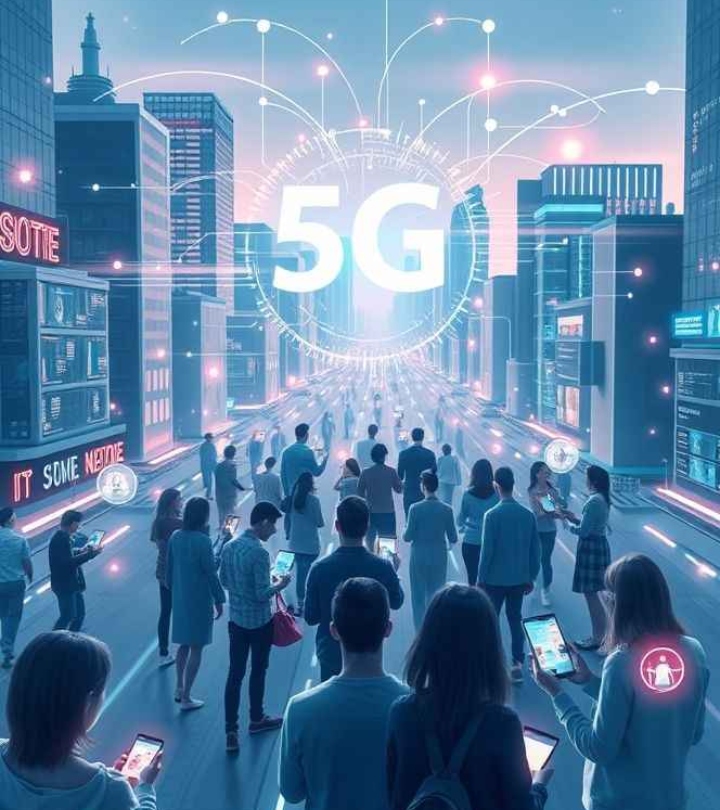The Government continues to encourage the manufacture, sale and purchase of electric vehicles. With automakers bringing to market vehicles with over 200 miles of range per charge, there are more and more drivers choosing to opt for an EV. It’s natural to wonder which EV charging station solutions are available to feel safe when driving these vehicles.

Unsplash
To summarize, three types of electric chargers respond to this demand for EV charging station solutions. Within these types of existing chargers, there are also different connectors and various options. An example of this is the EV smart charge solution that we will see below.
Table of Contents
Smart EV charging: all you want to know
Several companies are pursuing innovation regarding EV charging technology. Level 1, Level 2 and Level 3 (or DCFC) chargers have been around for years, providing different charging speeds. The goal is always to offer the best choice in EV charging station solutions. In that way, consumers can safely drive with the confidence that they have a place to charge their vehicles.

Thus, the EV smart charge solution was born. But, what is smart charging? Let’s take a look at some important points.
What is it?
It’s one of the EV charging systems currently available. It’s a setup in which an EV connects to a charging device through a data connection. At the same time, the charger connects to the charging operator and the utility company also through a data connection.
Overall, it’s a highly flexible cloud-based solution, which can have features added or removed as needed and is used to optimize the use of EV fast charging technology at public charging points.
How does it work?
Smart charge activates when the EV is plugged into the grid. It’s supported by a back-end solution that makes the charging station send data to a cloud management platform.
Among the submitted information are:
- Whether the power output is constant or has outages.
- Charging time and speed.
- Local power network capacity.
Through this data, better decisions can be made for improved energy usage.
Why is it important to use smart charge?
One of the main reasons why the use of electric vehicles is encouraged is to protect the environment.
Making a conscious and sustainable account of the energy used to charge them is also part of that care. Smart charging solutions are necessary to achieve this goal.
How much does it cost to install an electric vehicle charging station?
If you are considering installing an EV fast charging technology such as a Level 2 charger or a DCFC, you may be wondering about the electric car charging station installation cost.
It’s critical to note that you will always get a Level 1 charger when you purchase an electric vehicle.
If you need another of those types of chargers, these would cost around $300. They do not require installation, since they’re simply plugged into a standard 120-V wall outlet.
A Level 2 charger costs between $300 and $1,200. Since it isn’t that pricey, EV owners tend to invest in these types of chargers for their home.
They require a 240-V outlet, which means that a specialized electrician is needed to reinforce the power line.

Fast chargers, on the other hand, cost between $12,000 and $35,000. They require a lot of space, and use 480-V. Therefore, they are not recommended for installation at home. They are used in public charging points.
Note: all the prices correspond to the time this article was published.
A Level 1 charger is recommended when you don’t use your EV on a daily basis. That means you probably don’t need to recharge the battery to a high percentage on a regular schedule.
Otherwise, it’s advisable to install a Level 2 charger at home, since it doesn’t take much space, and it’s not very costly.
However, if you’re on a road trip, look for the nearest DC fast charger, so you can recharge your battery to 100% in less than an hour.









